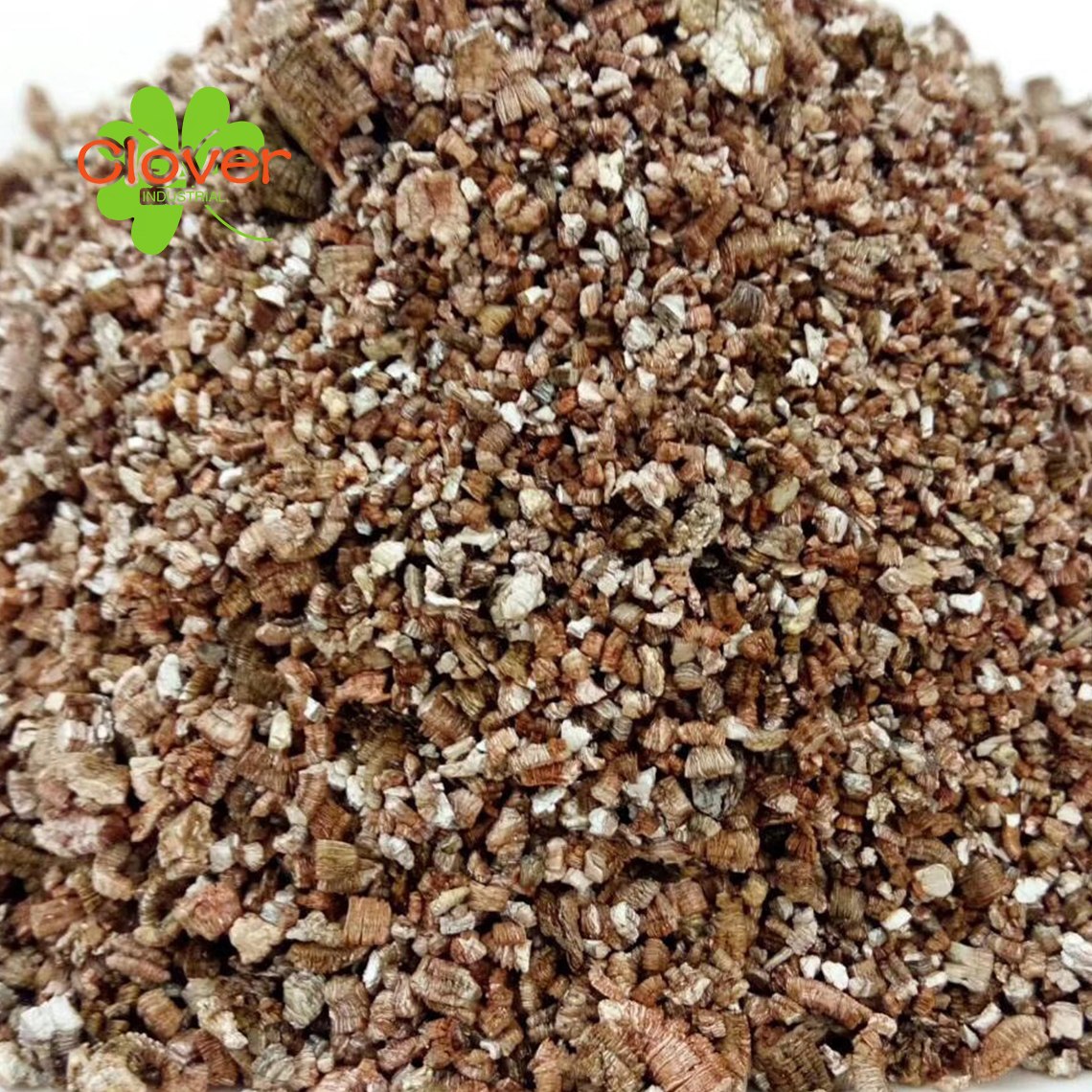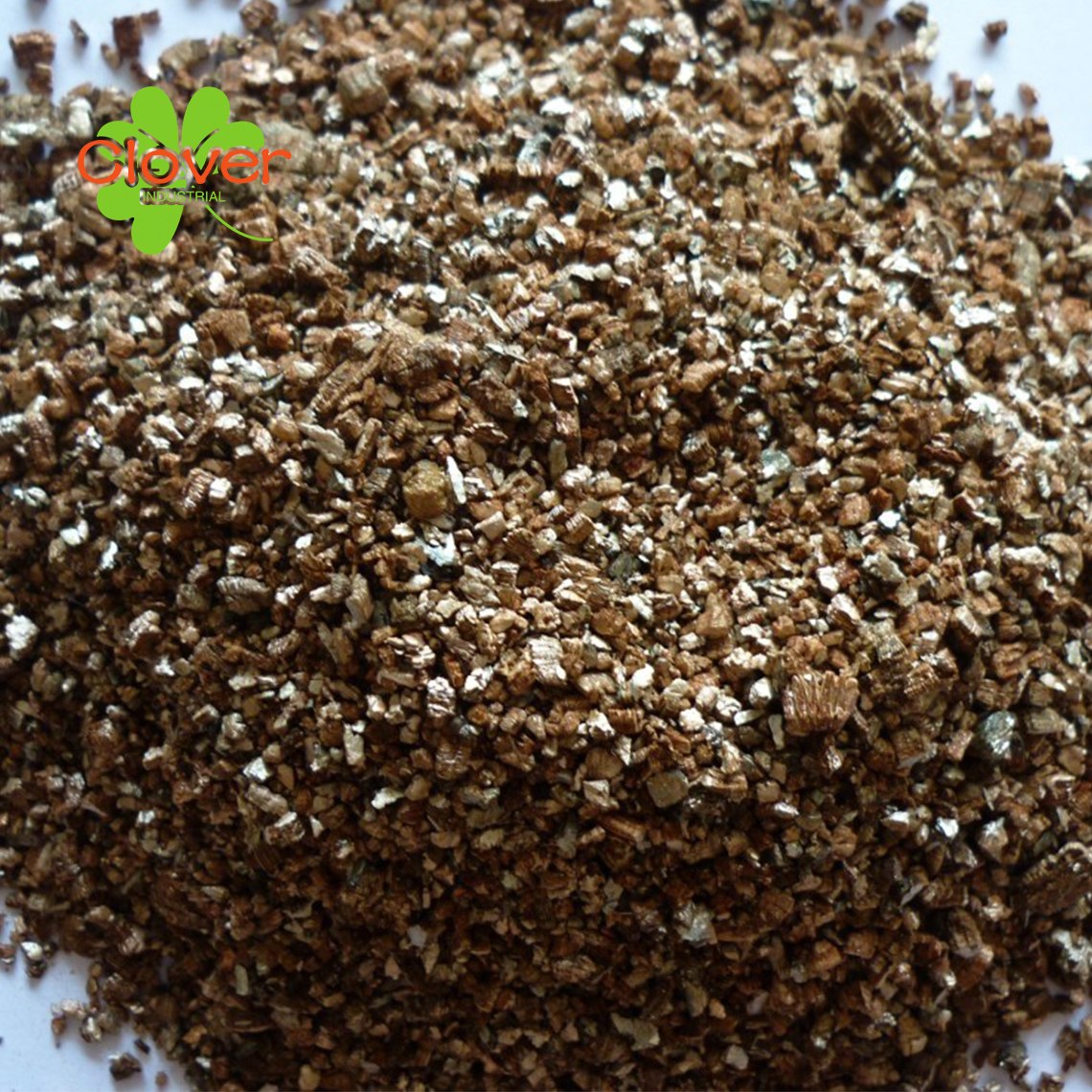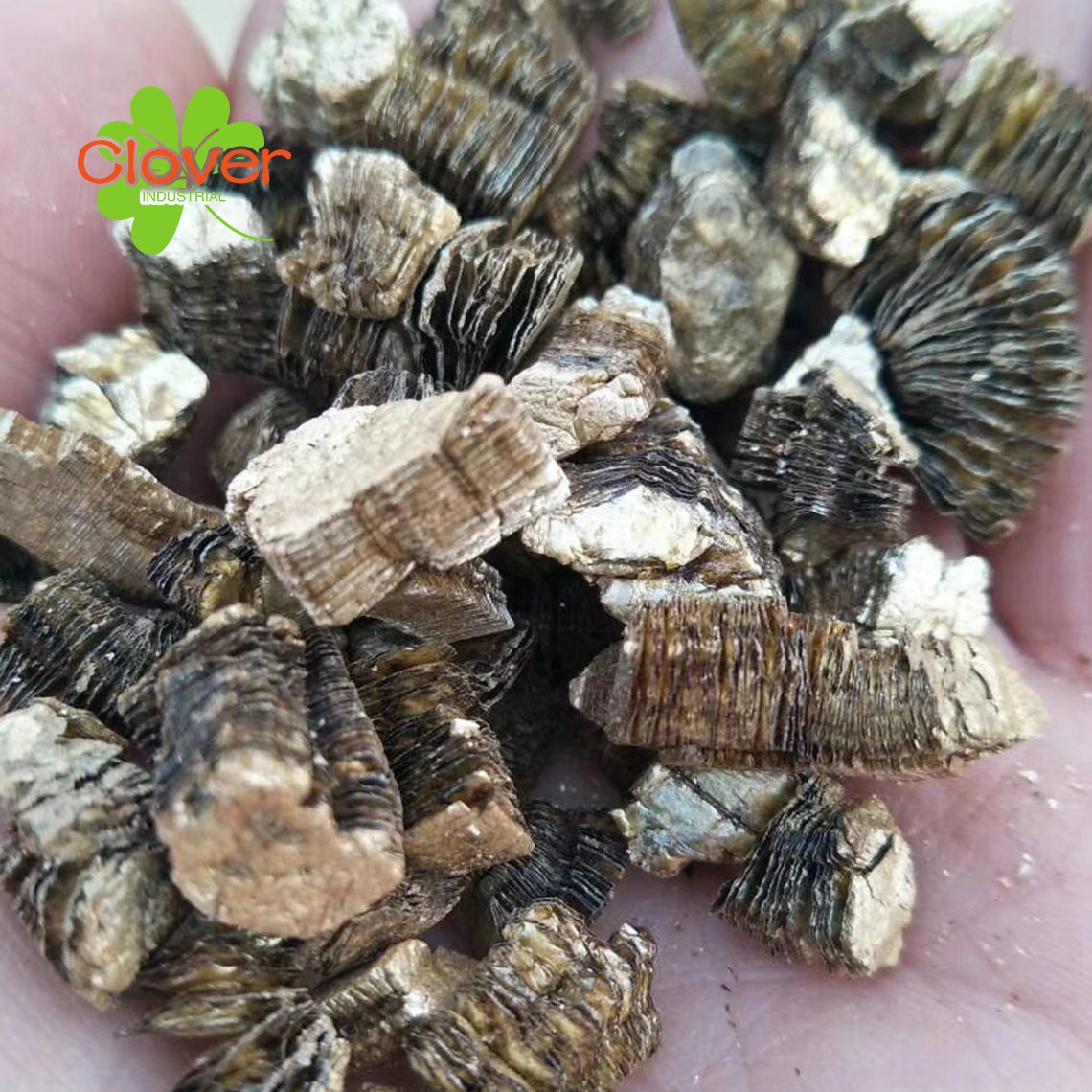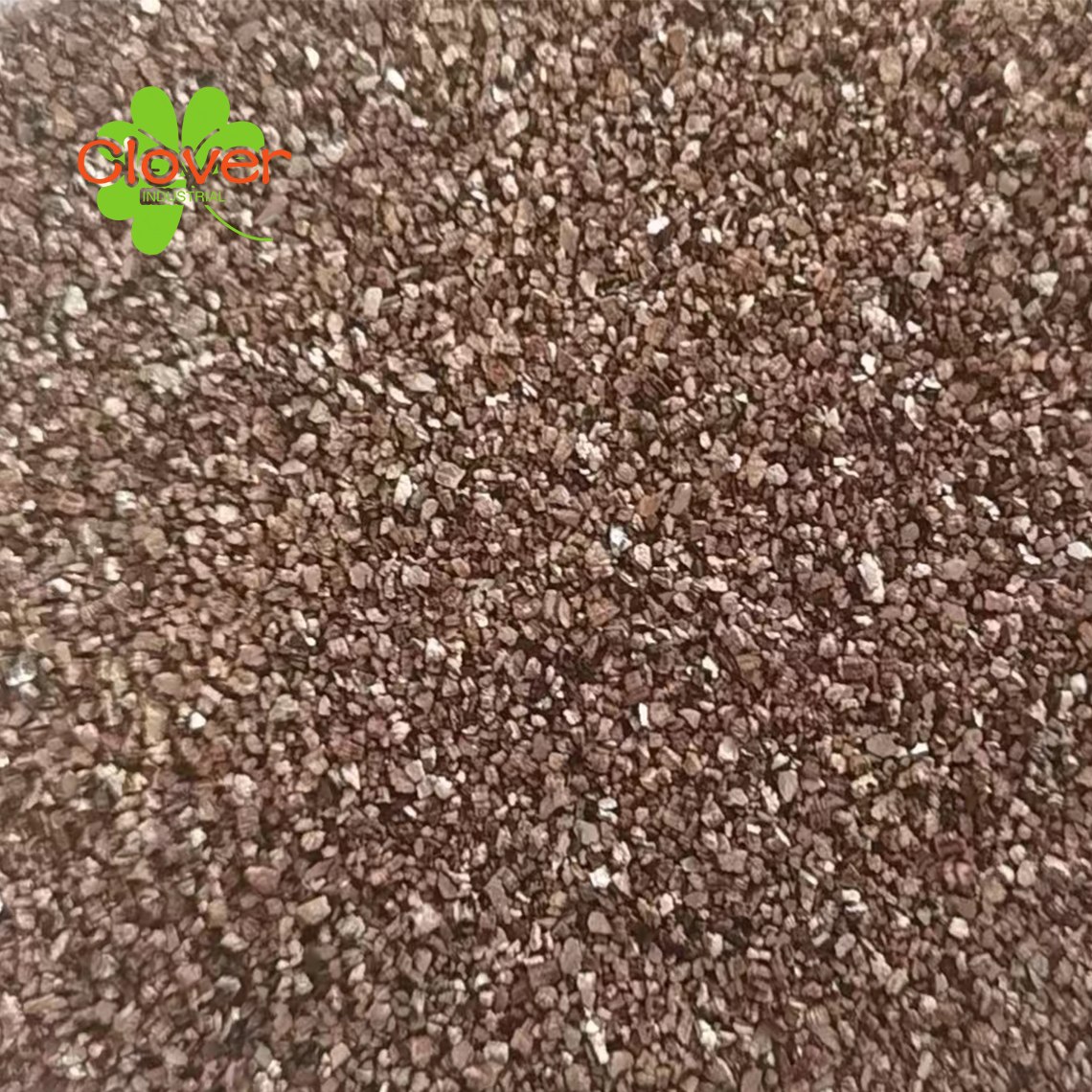Expanded light weight vermiculite
1. What is vermiculite?
The vermiculite often referred to in gardening refers to expanded vermiculite. It is called vermiculite because it bends when heated and expands, resembling a leech (leech).
Vermiculite is a magnesium-containing hydroaluminosilicate rich in magnesium and iron. The shape is massive, flake and granular, and it is a mineral that expands at high temperature. The inter layer water molecules are volatilized by high temperature burning, and the volume increases by 18-25 times, and the color becomes golden yellow or silver white. The pH is slightly alkaline.
2. The advantages of vermiculite
Vermiculite can provide plants with its own Mg, Fe, K, Ga and trace amounts of Mu, Cu, Zn and other elements. And it has high cation exchange capacity and strong cation exchange adsorption capacity.
In other words, vermiculite has a certain fertility, and can release certain nutrients, which can provide nutrients necessary for plant growth for a long time, promote faster growth of plants from the early growth stage, and increase production.
Because of its structural changes due to thermal expansion, it also has excellent properties such as heat insulation, freeze resistance, antibacterial, and light weight. When added to the medium, it can play the role of looseness, ventilation, water retention, fertilizer retention, and soil conditioner. It can effectively Promote the growth of plant roots and the stable development of seedlings. And can keep the root temperature stable.
3. How to use vermiculite?
1) According to the particle size, vermiculite is usually divided into three types: 1-3mm (seedling vermiculite), 2-4mm (horticultural vermiculite for planting flowers), and 3-6mm. Usually 1-3mm fine vermiculite is used to cover the surface of the medium when plants are sown and seedlings to facilitate seed germination. The larger particles of 2-6mm are used to mix into the cultivation medium to improve the water retention, ventilation and fertilizer retention capabilities of the medium, which has achieved the purpose of improving soil conditions.
2) The expanded vermiculite is neutral and slightly alkaline, and some even have a pH above 8. If acid-loving plants are planted, they should be mixed with other acidic media such as peat, humus, etc., and then used after lowering the pH value. Or neutralize with an acidic solution, such as ferrous sulfate, or spray and soak with an organic acid solution.
3)When the vermiculite is mixed with the medium, it is enough to mix 1 part of vermiculite for every 10 parts of the medium, or even less. The high content of vermiculite can easily cause the root system of plants to rot.
4. Vermiculite and succulents
Due to its characteristics, vermiculite is very suitable for succulents. However, because vermiculite is too water-retaining, using it in summer may cause black rot on succulents. It is recommended to mix it with other plants and spread a layer of vermiculite on the surface.
The correct rooting method of using pure vermiculite: vermiculite, dry cutting hair roots without watering. If the environment is very dry, you can spray water on the surface, as long as it feels damp to the touch.






Reviews
There are no reviews yet.